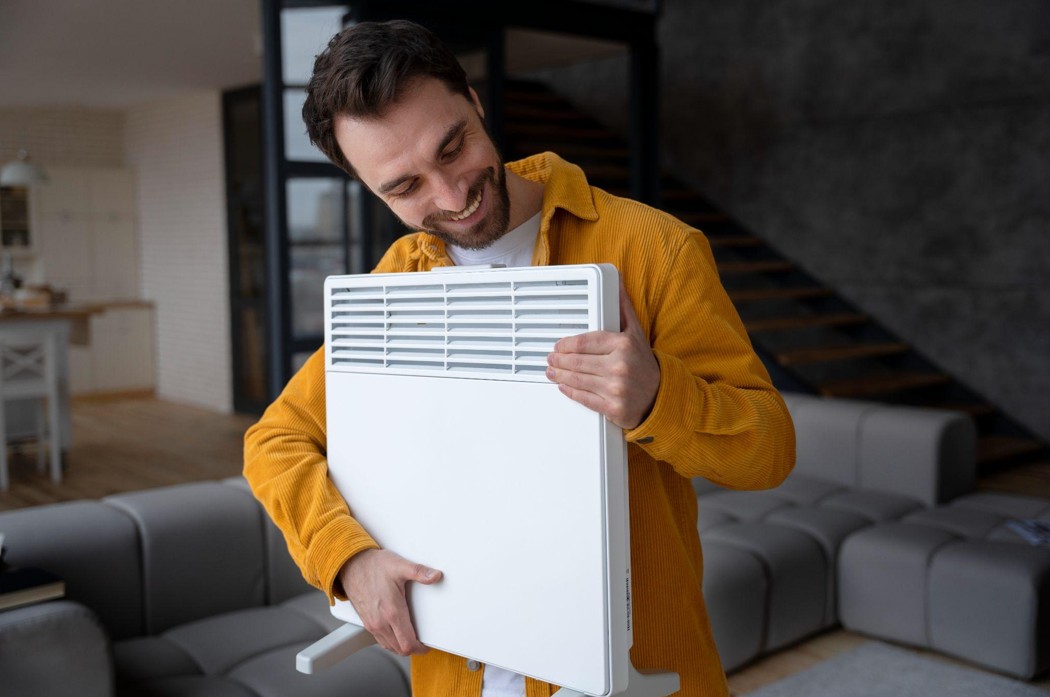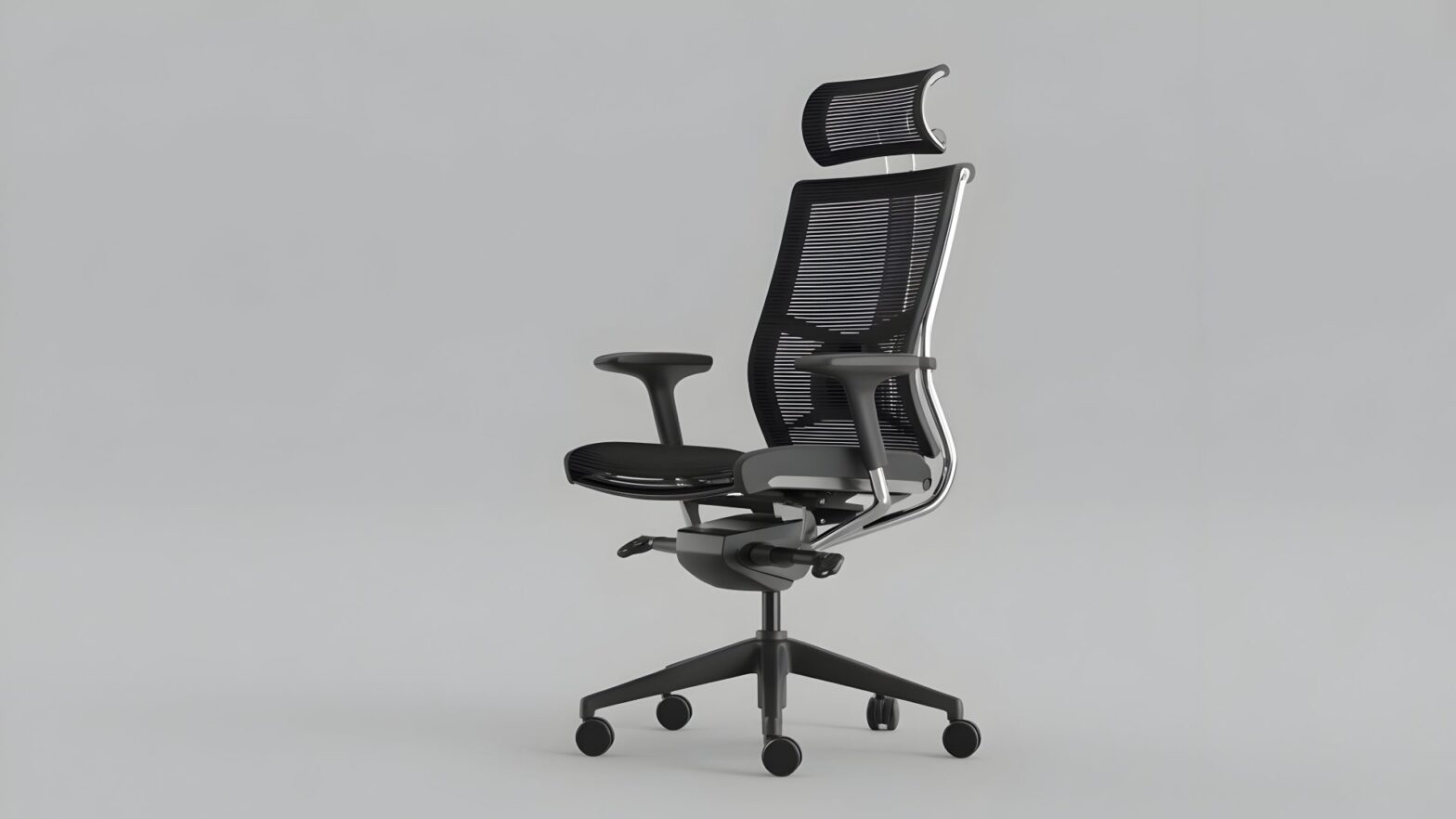How to Improve Indoor Air Quality with HVAC Systems
How many hours do you spend indoors? If you are like most people, you spend most of your time in your office, school, or home. But do you consider the quality of the air in these spaces? If your indoor air quality is bad, trust Chiil Colling & Heating, https://chill-services.com/, to restore comfort and performance to your HVAC system.
We are surprised that we still get congestion and multiple health complaints despite living on the coast with fresh air. It all becomes clear when we test the indoor air quality (IAQ) of these places.
This isn’t unusual. The EPA’s State of Indoor Air report shows 73% of homes exceed safe particle levels. And the worst offenders? Newer “energy efficient” homes with tight seals.
These unwanted particles include dust mites, formaldehyde from wood furniture, and terpenes (those “fresh pine” cleaning product scents) reacting with ozone.
What most homeowners miss is that their HVAC system doesn’t just control temperature. It’s your first line of defense against allergies and ill health.
Why is Air Quality Important?
Indoor air quality is crucial. We inhale air every moment of our lives. It’s your own home or the office that you can get dust, pet hair, mold spores, and the chemicals of the cleaning products from. All of the aspects generate a dangerous and uncomfortable situation.
Bad air is the best place to start your journey to the land of allergies, asthma, health disorders, and even laziness. Hence, this is the first and most important point to consider when improving indoor air quality.
Key HVAC Features for Better Air Quality
Not all HVAC features contribute equally to the quality of the air in your spaces. Here are the key points essential to be observed for a great HVAC and good air quality.
A good filter, for instance, a HEPA or MERV 13, is one that has the potential to trap tiny particles, while ordinary low-grade filters will not do the job as efficiently, if at all. Because they trap more toxins in your air, they frequently need to be replaced to be effective.
UV-C lights: UV-C lights zap molds and bacteria, keeping your systems cleaner and free of these germs.
Humidity control: Humidifiers and dehumidifiers within your system keep the temperature of your spaces within the appropriate levels, which is about 30 to 50 degrees. This also helps prevent molds from forming.
Ventilation upgrade: The air in your spaces may become stale. EVR systems are good at bringing in fresher outdoor air without wasting energy.
Having these features in your systems will guarantee fresh and healthy air.
Practical Tips to Improve IAQ with Your HVAC System
You can improve the indoor air quality of your spaces without being an HVAC expert. Here are some basic things anyone can try for a heating and cooling experience.
Change filters often: Filters are a core component of your HVAC and air quality. Ensure to check and change them every couple of months as the need arises. Anyone can tell when they see a clogged filter.
Book a regular check-up: Ideally, you should have a professional inspect your HVAC system annually. In that case, you can visit the website of one of such professionals to find out more https://chill-services.com/. They can do a thorough inspection, repair, or replace the system.
Monitor the humidity: You may easily purchase a cheap humidifier to monitor and adjust the humidity levels as needed.
Avoid pollutants: cut out pollutants from your everyday activities, use safe and clean chemical products, and use good filters to vacuum your spaces.
Imbibing these habits with a good HVAC system will make a great difference in your air quality.
Benefits of Improved IAQ
The benefits of improved IAQ are numerous. For one, it improves health.
People have reported that they don’t have to visit the hospital as frequently as they used to. Their allergies are reduced, no sneezing or coughing, and they can breathe well.
You may also notice you are less foggy and more productive at work and more relaxed at home.
Improving your indoor air quality doesn’t just improve your health. It is also good for your bank account. The fewer hospital visits, the more money you have for more important things.
When to Call a Professional
As we have stated earlier, there are basic things you can do to maintain your HVAC system running smoothly. However, there are important indicators you should look out for. These tell you when you might need professional help with your system.
They included:
- Noisy system
- The air smells odd
- Increased energy bill
These professionals will also spot clogged ducts and outdated components that can be hurting your air quality.
In conclusion
Your HVAC system is much more than temperature control. It is your companion for quality air and quality life. By knowing its function and doing regular maintenance, you may create a healthy and comfortable space that adds color to your life.
Have you noticed a difference in the air quality of your room after having your HVAC system examined by a professional? Please share your experience.




























